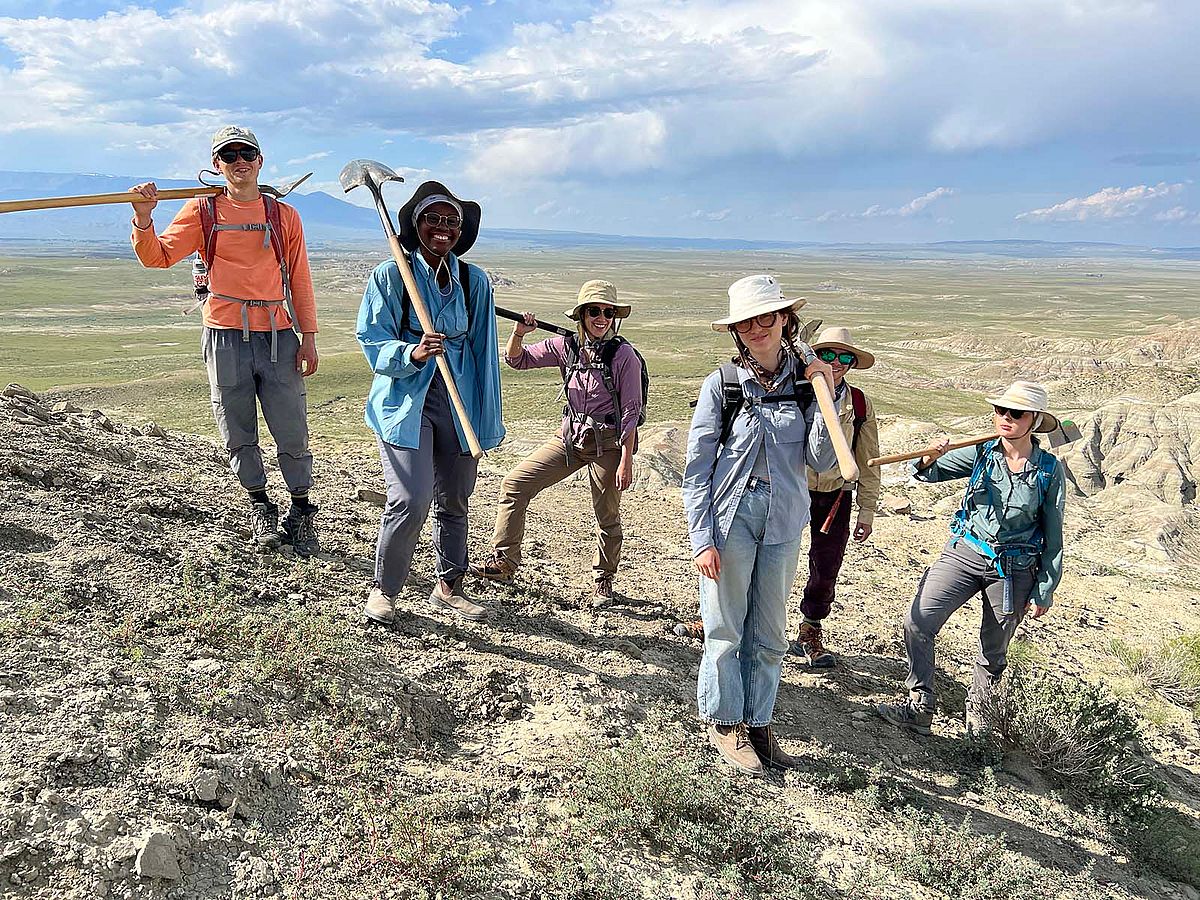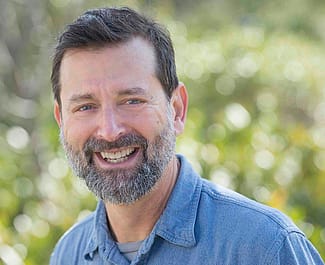
- This event has passed.
Lecture: Paleobotany of the Bighorn Basin
July 11, 2024 @ 12:00 pm - 1:00 pm MDT

Global Warming in the Bighorn Basin 56 Million Years Ago
By Dr. Scott Wing
July 11, 2024
Noon–1 p.m.
Join us for the July Lunchtime Expedition, Global Warming in the Bighorn Basin 56 Million Years Ago, presented by Dr. Scott Wing, Research Geologist and Curator of Paleobotany for the National Museum of Natural History. Please note that this lecture takes place on the second Thursday of July rather than the first Thursday like most in this series.
The in-person talk takes place in the Center’s Coe Auditorium, with a virtual option available. If you prefer to join us online, you may register in advance via Zoom webinar: https://us02web.zoom.us/webinar/register/WN_-XoD4Gh9TMKiHDatR3b6Xw
After registering, you will receive a confirmation email containing information about joining the webinar.
About the program
We live in a time marked by rapid increase in the amount of carbon dioxide in the atmosphere and the resulting global warming and other climatic changes. These changes in climate will last thousands of years into the future and will have long-lasting effects on plants, animals, and ecosystems. Our predictions of the future are improving, but we still know dangerously little about changes to come.

The Paleocene-Eocene Thermal Maximum, or PETM, was an episode that occurred 56 million years ago during which a rapid increase in carbon dioxide resulted in large climatic and ecological changes. The best place in the world to study the PETM is right here in the Bighorn Basin. This presentation discusses the question: What does close study of this long-ago episode of global change tell us about what might happen in the future?
About the speaker

Scott Wing was born in New Orleans and grew up there and in North Carolina. His first summer of field work in the Bighorn Basin (52 years ago this month) made him want to be a paleontologist, and he has returned to the area nearly every summer since.
Wing has been a research scientist and Curator of Fossil Plants at the Smithsonian National Museum of Natural History since 1984. His research focuses on ancient climate and plants. He was part of the team that created the Smithsonian’s National Hall of Fossils, Deep Time, which opened in 2019. He is a Fellow of the Geological Society of America and the Paleontological Society, and was awarded the Paleontological Society Medal in 2021.
Upcoming Lunchtime Expeditions
The series generally continues on the first Thursday of each month, but please note the date changes in June and July.
• July 12: Bonus lecture! Human-Environment Relations from Different Perspectives: Findings from Collaborative Research of Indigenous Peoples and Swiss Anthropologists
• August 1: Voyagers of the Night: Investigating the Ecology of Bats in the West, by Dr. Riley Bernard
• September 5: A Specialist Carnivore at its Southern Range Periphery: Canada Lynx in Disturbed Landscapes, by Dr. John Squires
• October 10 (note date change): Sporting Lead-Free: A Vital Step for Wildlife Conservation, by Hannah Leonard
• November 7: Wolverine Conservation: Giving Up Control to Promote Breeding Success, by Melissa Roman
• December 5: Mule Deer Migration, by Tony Mong
Have you missed a Lunchtime Expedition?
The talks in this series are gathered in YouTube playlists by year:
• 2024 Lunchtime Expeditions
• 2023 Lunchtime Expeditions